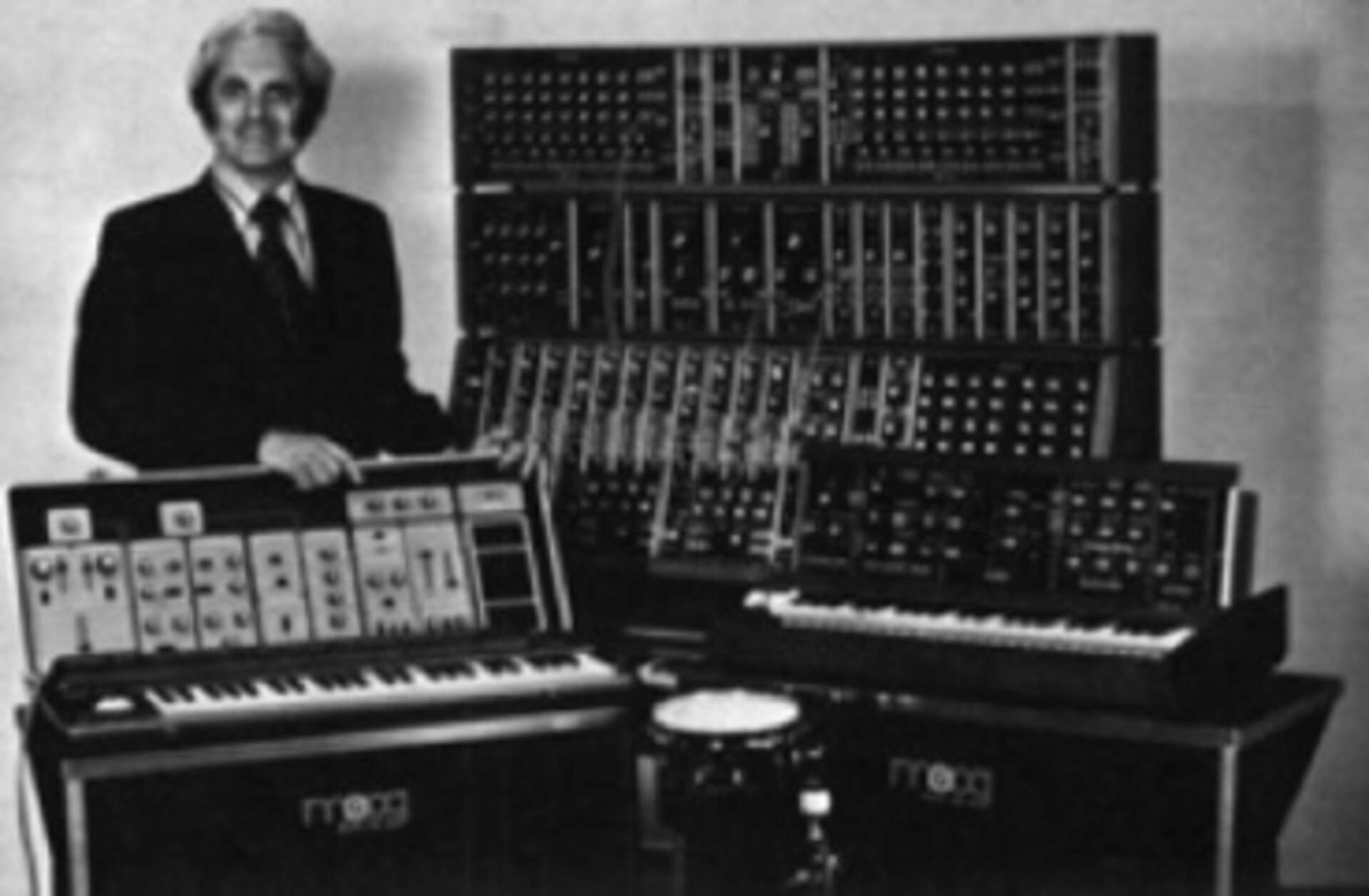Robert Moog
(1934 - 2005)
American
Born: New York City, New York, United States of America
Robert Moog (rhymes with "vogue") was a pioneer of electronic music who is internationally known as the inventor of the Moog synthesizer.
Born in 1934, Moog was "a native of New York City. Moog attended the Bronx High School of Science in New York, graduating in 1952. Moog earned a bachelor's degree in physics from Queens College, New York in 1957, another in electrical engineering from Columbia University, and a Ph.D. in engineering physics from Cornell University. Moog's awards include honorary doctorates from Polytechnic Institute of New York University (New York City) and Lycoming College (Williamsport, Pennsylvania)." [1]
In the early 1950s, Moog started the R.A. Moog Company, which produced theremin kits. In 1964, he displayed his recent invention, a voltage-controlled subtractive synthesizer which used a keyboard as a control. A few years later he applied for his first patent for synthesizer components; in his lifetime, Moog received more than 10 patents for unique synthesizer parts. In the late 1960s, the name of R.A. Moog Co. was changed to Moog Music, and the company moved away from theremins and began producing synthesizers (though it later returned to producing theremins as well). Moog's synthesizers utilized a keyboard for the user interface, which was a substantial difference from many other synthesizers produced in the late 1960s.
From 1971 through 1974, the company was located in Buffalo, N.Y. In 1971, Moog Music producted the Minimoog Model D, one of the first compact and affordable synthesizers. By the late 1970s, Moog Music was bought by the musican instrument manufacturing company Norlin, and Moog himself moved on to creating other types of electronic musical equipment for the company Big Briar. By the early 2000s, Robert Moog was able to create musical equipment under the name Moog Music again. He died in 2005, and the Bob Moog Foundation continues to celebrate his legacy.
For more information on Robert Moog and his inventions, visit http://www.moogmusic.com/.
[1] "Robert Moog," Wikipedia. Accessed at http://en.wikipedia.org/wiki/Robert_Moog.
